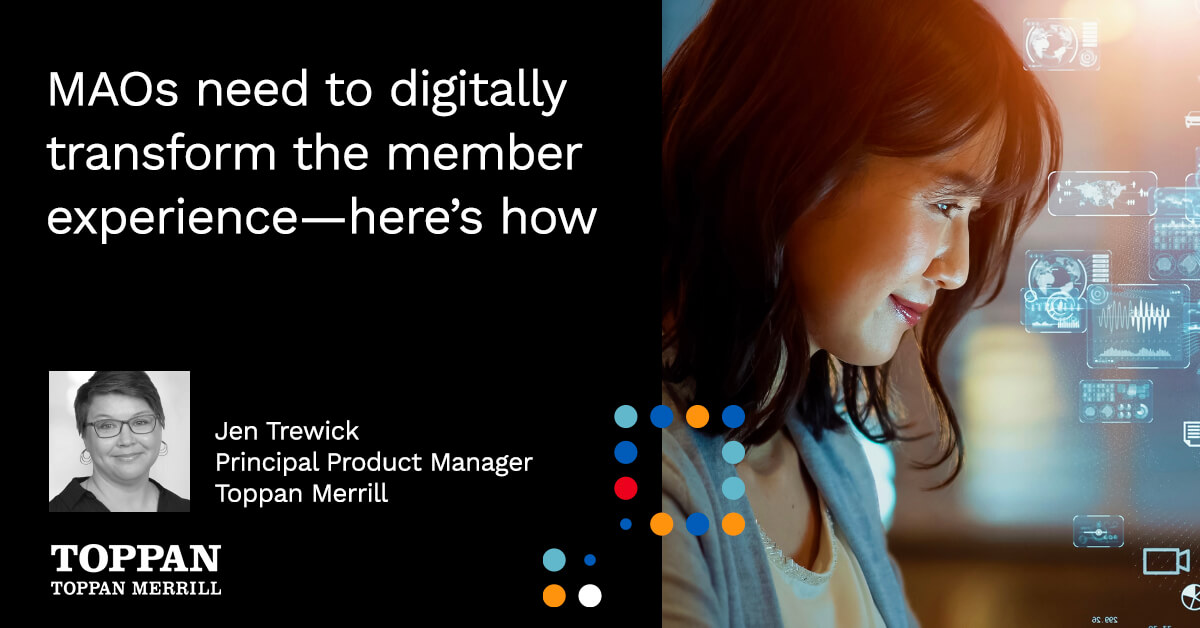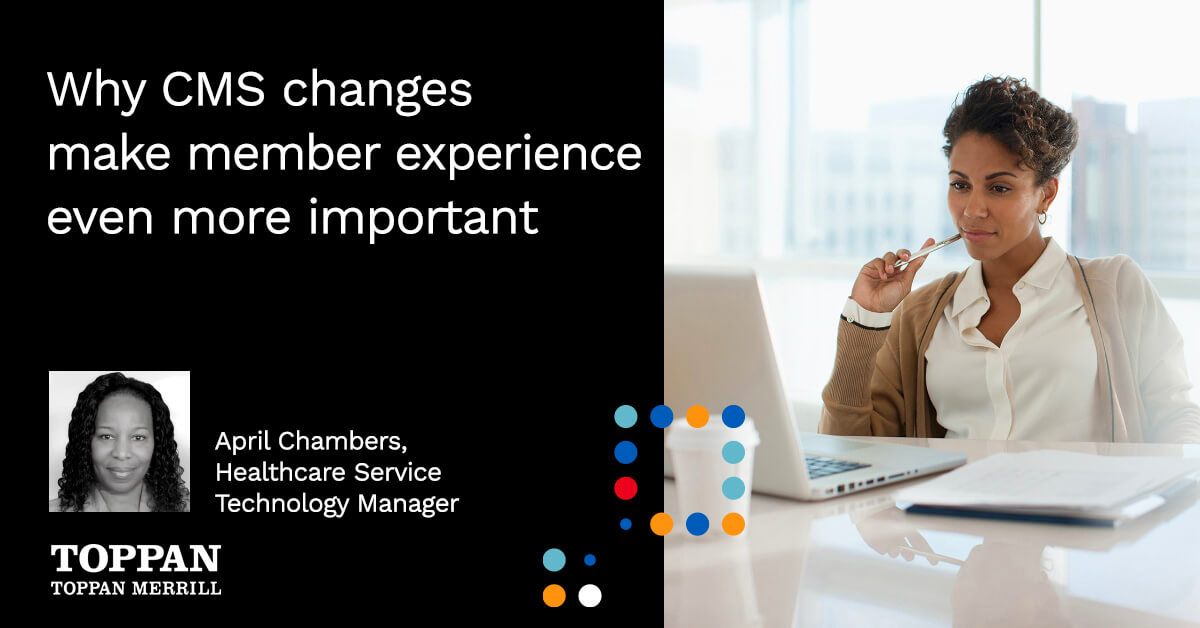Health plan marketing is no longer just about slick advertising and word of mouth in the community. Consumers today are increasingly seeking digital experiences, and what is and isn’t on a healthcare organization’s website can make a big difference in attracting and retaining patients and members. Luckily, it’s gotten easier to keep web content fresh, useful, and relevant with a reliable content management system.
A content management system, or CMS, is a type of software that facilitates updating content on a website. Updates may include posting articles, announcements, or information about an organization. Of course, a healthcare website is more than just a blog. It’s a touchpoint for your organization to connect with patients and prospective members. It may include online scheduling, a secure portal patients can use to review their lab results or other health information or exchange messages with care providers, or even a platform for accessing telehealth services. So, it’s a good idea to look for a CMS that offers some sophistication catered to the unique needs of your healthcare organization.
What is the value of healthcare CMS?
If a website is cumbersome to navigate, or if the information is outdated or hasn’t been thoroughly reviewed, it can affect how consumers perceive the organization as a whole. This is true in almost any industry, but perhaps especially in healthcare, where consumers are entrusting organizations with their health and livelihoods.
Of course, a dynamic web presence isn’t just about looks. It also offers an avenue for:
- Engaging with patients and members in a meaningful way
- Highlighting how a practice is growing and thriving in a community
- Showcasing innovative diagnostic and therapeutic offerings
- Providing resources and tools to support patients in navigating their healthcare journey
- Demonstrating a commitment to using advanced technology across the organization
A CMS platform simplifies the process of loading and updating web content, so organizations can apply a more turnkey approach to managing their websites.
What should healthcare organizations look for in a CMS?
While the needs of individual healthcare organizations may vary, there are some universal criteria most healthcare practices should look for when implementing or changing their CMS.
1. It should be easy to use
In a healthcare organization, there may be multiple people who have a need for writing, reviewing, updating, and publishing content. They shouldn’t all be expected to know how to code even basic HTML. Instead, look for an intuitive and user-friendly CMS interface, so content managers can focus on the content, not the coding.
2. It should be secure
Patient privacy should always be top of mind. Even organizations that aren’t yet offering dynamic patient portals or access to virtual visits through their websites can demonstrate a commitment to patient security with secure messaging and online forms. Choosing a system that is HIPAA-compliant will set the course for future expansion.
3. It should include built-in, seamless workflows
Content updates often include multiple layers of review and approvals. A CMS that builds in these capabilities will not only make life easier for those who have to use it, but you’ll minimize the chance of revisions and signoffs getting lost in email trails, instant messages, or other interoffice communications outside of your CMS. Additionally, your CMS should offer the capability to schedule updates or make them in real-time, so that you can post new content immediately or load posts into the system ahead of time.
4. It should boost an organization’s searchability
While search engine optimization (SEO) relies heavily on keywords and keyword phrases, search engines pull a lot from site maps, URLs, and metadata. You should choose a CMS that leverages strong SEO capabilities even if they’re happening in the background.
5. It should include healthcare-specific tools and capabilities
Consider functionality that’s useful to patients and prospective patients, such as integrating a searchable provider directory. Some healthcare CMS solutions may already have provider directory functionality. You may want to steer clear of ones that don’t at least offer the capability to build a robust directory.
What the right healthcare CMS can mean for your organization
When we think of technology in healthcare, we often think of clinical tools and electronic medical records. However, your website is the digital front door for your patients, members, and your community. At Toppan Merrill, we can help you unlock its potential.
Toppan Merrill offers several services, including document creation and management, sales enablement, omnichannel communications, printing services, and more. We deliver best-in-class solutions that help you respond quickly to changes in regulations, client needs and markets.
Learn more about how we can help you with mission-critical content by visiting our website.



